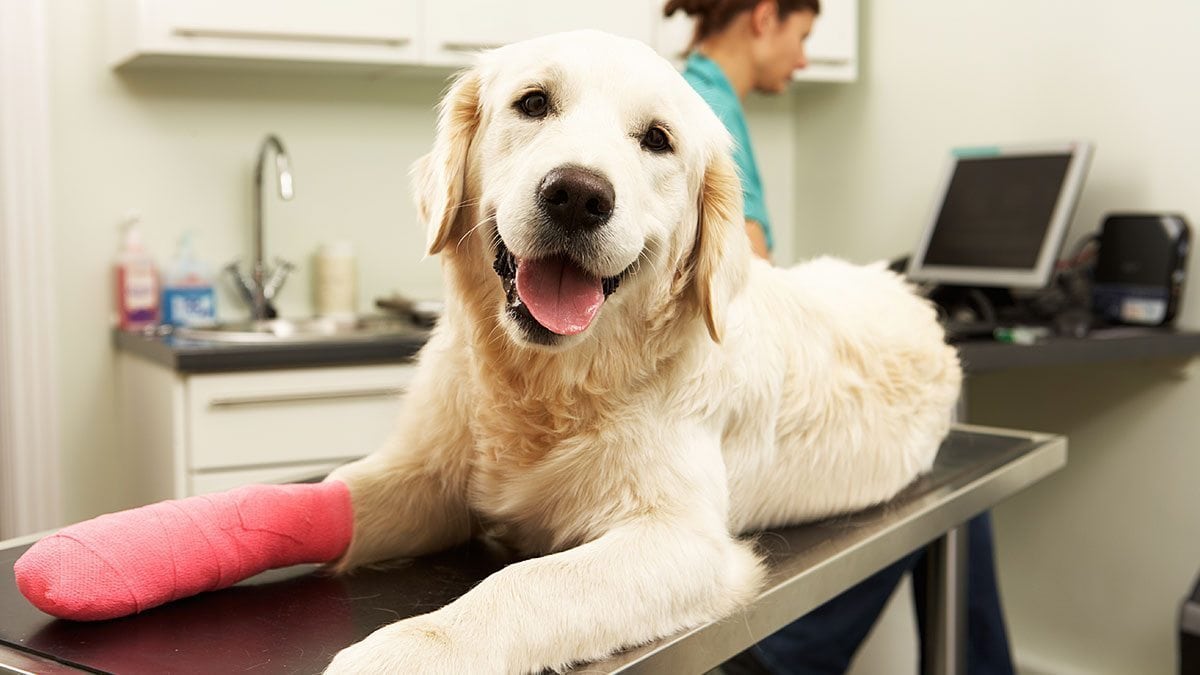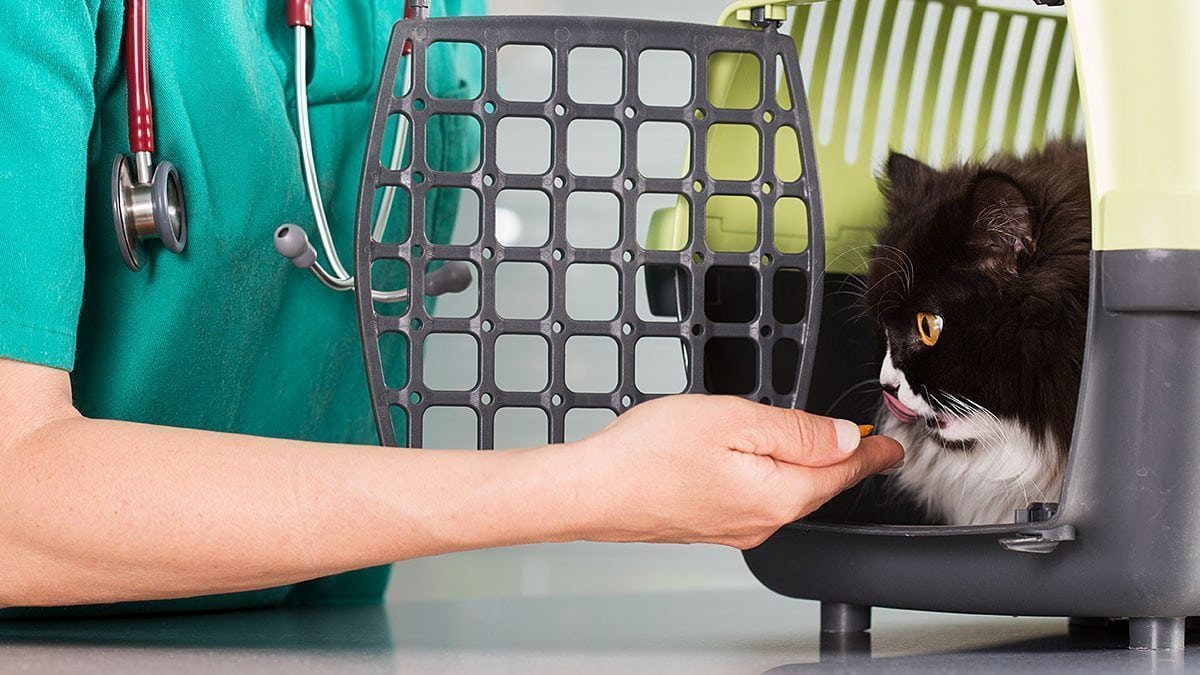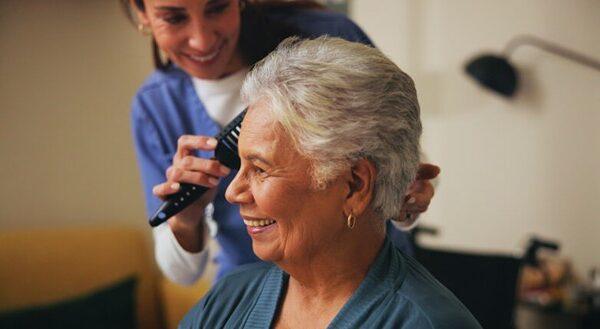Animals get sick too. Just like people, pets can need medical care for minor accidents, chronic health problems, and even contagious conditions. That’s why the animals in your community need skilled, compassionate, and specialized professionals with top training. If you love animals and are looking for a stable career in healthcare, this profession could be for you working in a veterinary clinic!
To help you prepare for this rewarding career path, you can study under the field of healthcare at colleges like AOLCC and specialize in the role of a veterinary administrative assistant (VAA). This can double your employment potential, making you both a certified medical office assistant (MOA) and a VAA ready for work in a wide range of professional and clinical environments.
Interested in pursuing this career path but unsure about the typical duties and tasks it entails? Read on to learn what you can do with healthcare certification in a veterinary office setting:
Use Healthcare College Training to Develop Top Communication Skills
Veterinary administrative assistants work on the front-line of the animal healthcare industry, welcoming patients and helping them feel at ease during what might be a stressful time. If you pursue this healthcare career, you’ll be responsible for building lasting, professional relationships with the pets and pet owners your workplace serves. That’s why colleges like AOLCC help you develop your communication skills through courses like Medical Office Procedures, which teach you the ins and outs of communicating with both patients (or their owners!) and health-care providers.

Veterinary administrative assistants get to know the friendly faces of their clinic’s patients.
Oversee Veterinary Clinic Administrative Tasks
In addition to interacting with each client who walks through their clinics’ doors, veterinary administrative assistants deal with the paperwork and office assistant responsibilities that keep clinics on track. Training in bookkeeping and computer filing skills help VAAs manage their vet office’s schedules and financial responsibilities. They handle day-to-day medical and insurance paperwork, take inventories and order important medical office supplies, contact patients to book or remind them about appointments, and otherwise assist the veterinarian/veterinary surgeon with their daily appointments.
Assist Veterinary Clinic Peers with In-Depth Knowledge of Anatomy
To help veterinary clinics run smoothly, VAAs are also required to know medical transcription, animal breeds, and even anatomy. Thankfully, today’s top healthcare programs can prepare you for these aspects of your future career.
For example, if you choose to train at AOLCC, you’ll take entire courses on animal anatomy and physiology that will give you an expert understanding of animal bodies and their structures. If medical terminology sounds like a foreign language to you now, don’t worry—the right training will turn you into a fluent VAA medical professional who uses this specialized vocabulary on a daily basis.
You’ll learn how to identify various parts of an animal’s skeletal, muscular, integumentary, cardiovascular, respiratory, gastrointestinal, endocrine, and immune systems. You’ll be able to handle every patient from large farm ruminant breeds (like cows and horses) to small family pets like rodents and rabbits.
Training in the anatomical specifics of these diverse creatures equips AOLCC grads with the knowledge they need to compose and read important medical documents. Whether a patient has fins, feathers, or fur, VAAs can update their files with confidence.
Visit AOLCC to learn more or to speak with an advisor about getting started.





